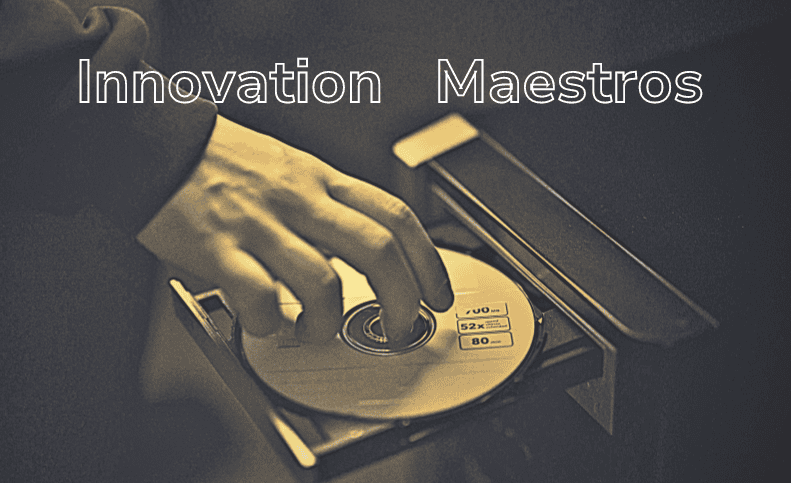
The economy currently sounds like a piece of music in a minor key. Just as Johann Sebastian Bach’s preludes sound beautiful in minor, there are certainly good sides to this. For the ecological situation of our planet, some “degrowth” actually sounds like music to our ears. But that does not apply to every situation. An economy in a minor state also causes panic here and there, especially where sales numbers are significantly down. In the midst of that panic, the peddler-marketeers stand up and peddle their wares for as long as the consumer is swayed. The peddler-marketer used to walk from market to market; now, he walks from one social media platform to another.
Perverse peddling marketers
Especially when the economy slumps, the peddling takes on striking proportions. Then, just the peddling of the marketer is not enough; the entire staff has to peddle along. And so now I see ambassador programs being set up all around me, from large knowledge institutions with thousands of employees to the smaller retailers around the corner. In an ambassador program, staff members are expected to share the organization’s social media posts through their social media channels as if they were their own. A simple like for a post from the organization is not enough. No, the staff member should actively propagate the organization’s posts themselves. And so you see the exact same message being posted both by staff member A and by staff member B. Often because this has become the organizational culture, and they are expected to do so. But sometimes, and now it gets a little more perverse, because there is a material reward in return. Sharing posts from your organization as if they were your own, for extra money or gifts – it doesn’t have to get much more manipulative, does it?
Building trust
In terms of message reach, this strategy obviously works like crazy. So all marketers who lust for “facts and figures” love this strategy. They can now show everyone in the organization how many views they reach with their communication ideas. Their peddling is seemingly successful. At the same time, this strategy is the dumbest there is. Yes, you have a lot of exposure, but that exposure is totally inauthentic. Viewers pierce right through it and see quickly that this is not an authentic message crafted by the sender.
Harvard Business School Professor Frances Frei very nicely emphasizes authenticity in her fantastic TED talk when she talks about building trust. According to her “Trust Triangle,” there are three building blocks of trust, and one of those building blocks is authenticity. In the world of fake news and influencers, or the world of social media, authenticity is the most studied topic for good reason. There are hundreds, if not thousands, of scholarly articles on the importance of authenticity on social media. So, in most trend reports, especially those surrounding social media, authenticity is at the top of the list. That’s why being a peddler-marketer building your social media strategy on a concept that negates authenticity in any way is about the dumbest thing you can do. Reach at the expense of trust does not strike me as a desirable situation in any context.
From ‘push’ to ‘value’
Social media ambassador programs are not only stupid, they are absolutely out of step with the times. Social media ambassador programs are an example of so-called push marketing: you push your organization down consumers’ throats. Push marketing is exactly the kind of marketing that most people, quite rightly, abhor and why people in scientific studies overwhelmingly state that the profession of marketing is the least ethical profession there is. Marketers who have kept up with their profession know that push marketing is therefore not done anno 2024.
In response to this transactional push marketing, a reversal has happened for years. Marketing in today’s time should not be about how to sell as much as possible to consumers, but how to be of value to consumers as much as possible. Sometimes, you are more valuable if you help people consume less. Value-based marketing is what the more modern marketers are engaged in and what can make the role of the marketer more elegant and innovative in the organization.
When you are genuinely concerned every day with how to be of maximum value to others, a social media ambassador program will never be the answer to that question. Therefore, such peddling programs are not only stupid but also completely outdated and obsolete. To such marketers, I would say: go back to school and learn what marketing is really about.








